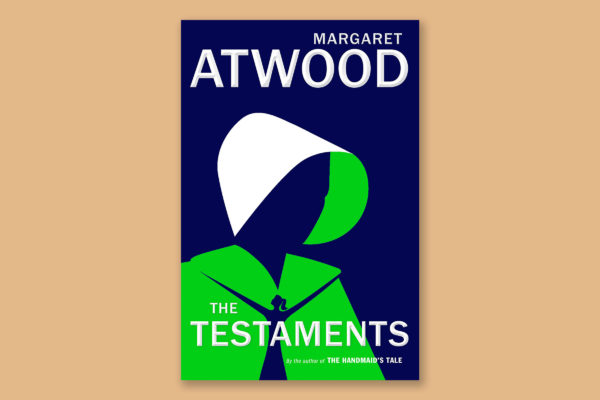 How often have you run into a grocery store or convenience store late at night, searching for a quick snack, the team snacks you need at 6 AM the next morning, or the forgotten item from your list? I would need multiple hands to count my evening wanderings around the store.
How often have you run into a grocery store or convenience store late at night, searching for a quick snack, the team snacks you need at 6 AM the next morning, or the forgotten item from your list? I would need multiple hands to count my evening wanderings around the store.
Now, how many of you have been stopped by security for no reason?
I’m afraid that there are plenty of us who know this experience all too well. This is the catalyst for the story of Emira Tucker, a 25 year old black woman struggling to find her place in adulthood. In Such a Fun Age by Kiley Reid, we witness two women of different skin colors, incomes, and places in life as they navigate a sticky situation that evolves into a larger issue of race and privilege.
Emira is a part-time typist and part-time babysitter for Alix Chamberlain, a wealthy white woman with two small daughters.
She is called by Alix late on a Friday night and asked to take Briar, the 3 year-old daughter, out of the house while they dealt with what appeared to be harmless vandalism. Despite it being her off-duty time and that she is at a party for a friend, Emira agreed. She took Briar to the local, overpriced grocery store to distract her.
This is where it all goes awry. Emira is accosted by a store security guard who questions her and why she has Briar in her care.
The scene unfolds like you would imagine in the many real-life clips on social media today. Someone starts recording the interaction. The white security guard refuses to believe Emira. Another white bystander involves herself, claiming that Briar stated that Emira was not her mom and that she “doesn’t look like a babysitter.” Emira, in her partying clothes because she was pulled away from a party, calmly argues with both and holds her ground; she calls Mr. Chamberlain to come to the store, and he informs the guard that this is their babysitter.
Emira is frustrated about the situation but simply wants to forget about it and go home. But the other characters in this novel cannot let it go.
There is the man who filmed the interaction, Kelley. He gives it to Emira at her request, despite that fact that he wants her to send it to the news or to sue the grocery store. They meet up again on the subway, and they begin a relationship. He is a white man who adores her, yet there is always this event and his feelings on it that exist between them.
There is Alix, the mother and Emira’s boss. Alix is a professional letter writer, although I thought of her more as an accidental influencer and icon. She has moved to Pennsylvania from New York City for her husband’s career, and she is unhappy. Emira is hired to give her time to write her book, but after the grocery store incident, she realizes that she hardly knows Emira and feels implicitly guilty in what happened (even though she was not present).
Emira, Kelley, and Alix are all connected and do not realize it until Thanksgiving.
We read about the past between Alix and Kelley, who used to date in high school. There was an unfortunate and racially-charged situation that occurred back then, ending their high school romance and leaving both with different views on the situation.
As they see their connection with Emira, both Kelley and Alix push her in different directions according to their own views and needs.
Kelley believes Emira is better than her position and that she “serves” Alix in an unhealthy way; he disregards how much Emira enjoys her job and her time with Briar. Alix views Kelley with tainted eyes and pushes Emira to end her relationship with him, not accounting for the time and space in which a person can change. She does not acknowledge her faults in the past and only wants what is “best for Emira,” to the mutual detriment of both women.
As the story goes on, Emira learns that she must be her own person. No one person or incident will define her life or how she chooses to spend it. We were pleased with the ending, but you will have to read the book to find out for yourself.
Such a Fun Age pulls together multiple social and important topics we address in real life: systemic racism, white fragility, unrealistic expectations and disappointments in career and life, and how one’s past can define us or break us. Kiley Reid brings all these forth in a compelling, engaging novel that has the reader asking questions about their own thoughts and ideas while devouring the stories of these fictional characters.











